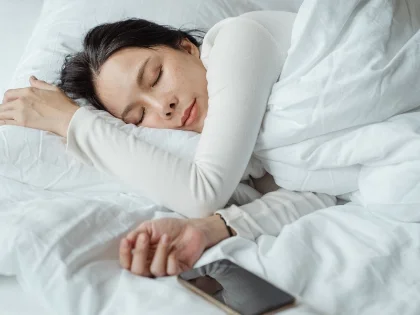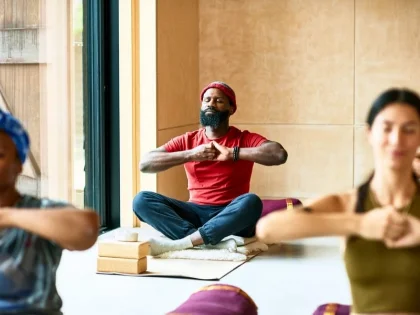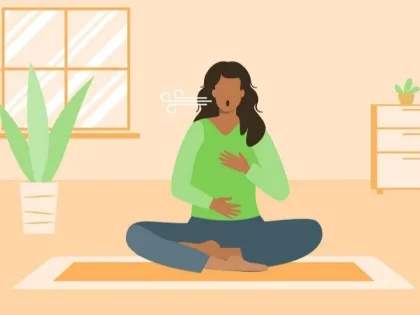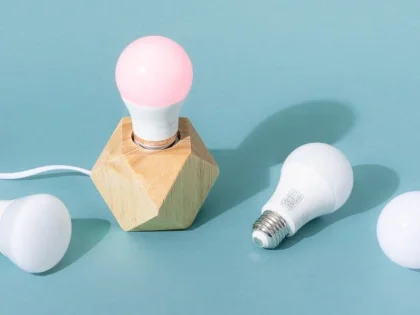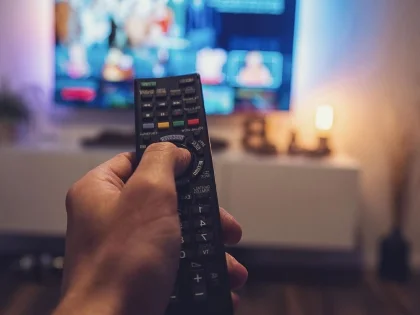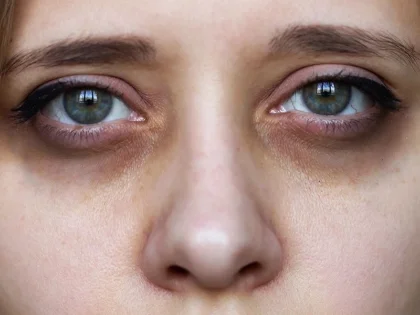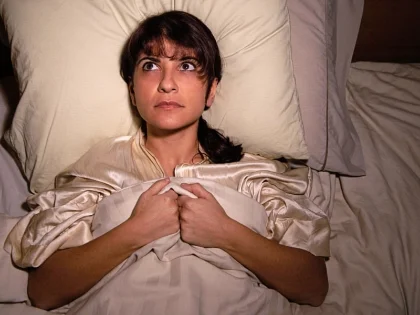Does Lack of Sleep Age Your Face?
Everyone is aware of the many aesthetic benefits of getting a good night's sleep, such as how it may plump out your complexion and minimize the appearance of fine lines and wrinkles. However, did you realize that lack of sleep can also cause facial aging?
According to a study that was published in Sleep, people can detect signs of sleep deprivation on the lips, eyes, and skin. They are able to identify characteristics like paler complexions, drooping eyelids, inflamed eyes, and darker bags beneath the eyes.
1. Dark Circles
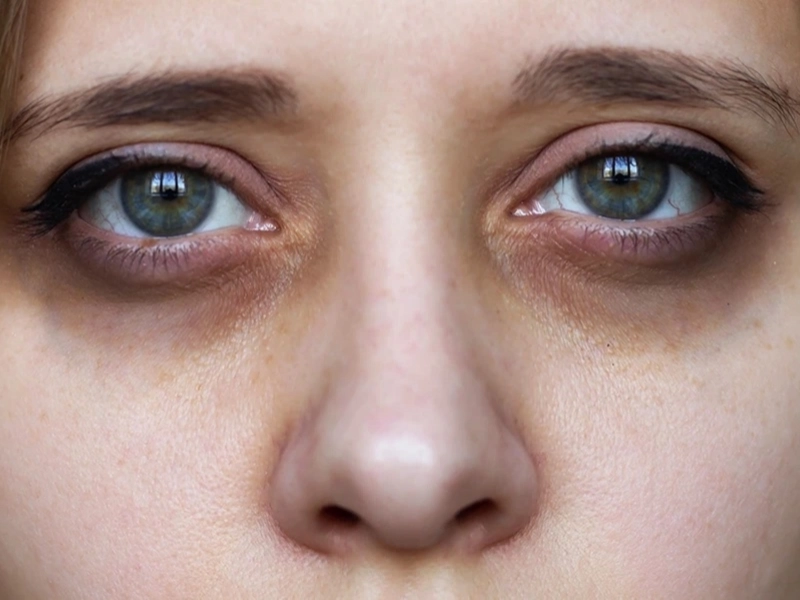
Because the skin beneath your eyes is thinner than the skin on the rest of your face, blood vessels are more likely to be seen. The circles may go away if you sleep regularly, but it can be challenging for people who suffer from insomnia to obtain enough good sleep. By consuming lots of water, limiting your intake of salty foods, and using a cold compress beneath your eyes to constrict blood vessels, you can lessen the visibility of dark circles. A lotion containing retinol or vitamin C may also be of interest to you since they have been shown to lighten dark pigmentation and brighten the skin.
2. Fine Lines
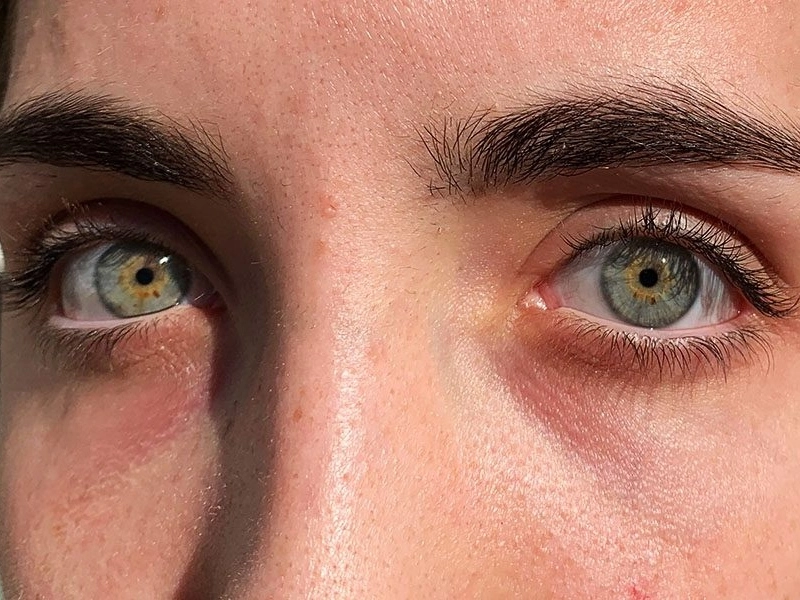
Thin wrinkles, known as fine lines, develop on sensitive skin areas as a result of frequent expressions, including frowning, squinting, and smiling. These lines usually begin on the forehead, lips, and eyes. They develop into deeper creases with time and may become irreversible.
Fine lines and wrinkles are caused by the skin's loss of suppleness and collagen as we age. Factors such as dehydration, smoking, and sun exposure aggravate this. The good news is that you can start utilizing anti-aging products and a preventative skincare program early on to battle this subtle symptom of aging.
3. Dry Skin
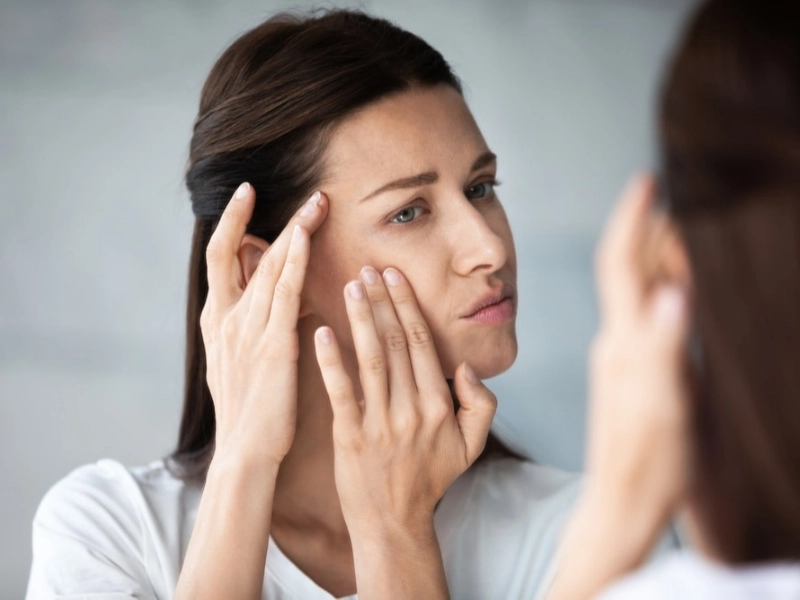
Dry and flaky skin can be a sign of inadequate sleep, but it can also be brought on by age, living in a dry or cold area, some drugs (particularly those for high blood pressure), and skin disorders like eczema and psoriasis. A dermatologist can identify the cause of your symptoms and assist you in finding a cure.
Regular sleep deprivation causes the skin to be less able to repair itself, restore lipid barriers, and balance pH levels. As a result, your complexion becomes more susceptible to environmental stressors, bacteria, and free radical damage, which can result in a dehydrated complexion that is prone to redness, irritation, and breakouts.
4. Wrinkles
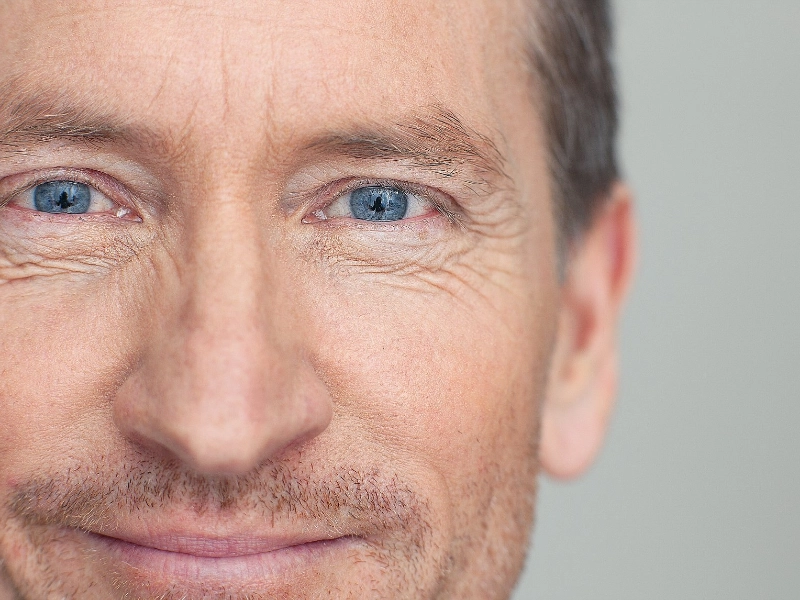
The recurrent motions of your face during a restless night can result in wrinkles known as "sleep wrinkles." While moisturizer can help avoid the formation of these lines, it cannot remove existing ones.
Try sleeping on your back or using a pillow that promotes this position to prevent wrinkles from forming in your sleep. To lessen friction against your face, think about switching to a silk or satin pillowcase.
